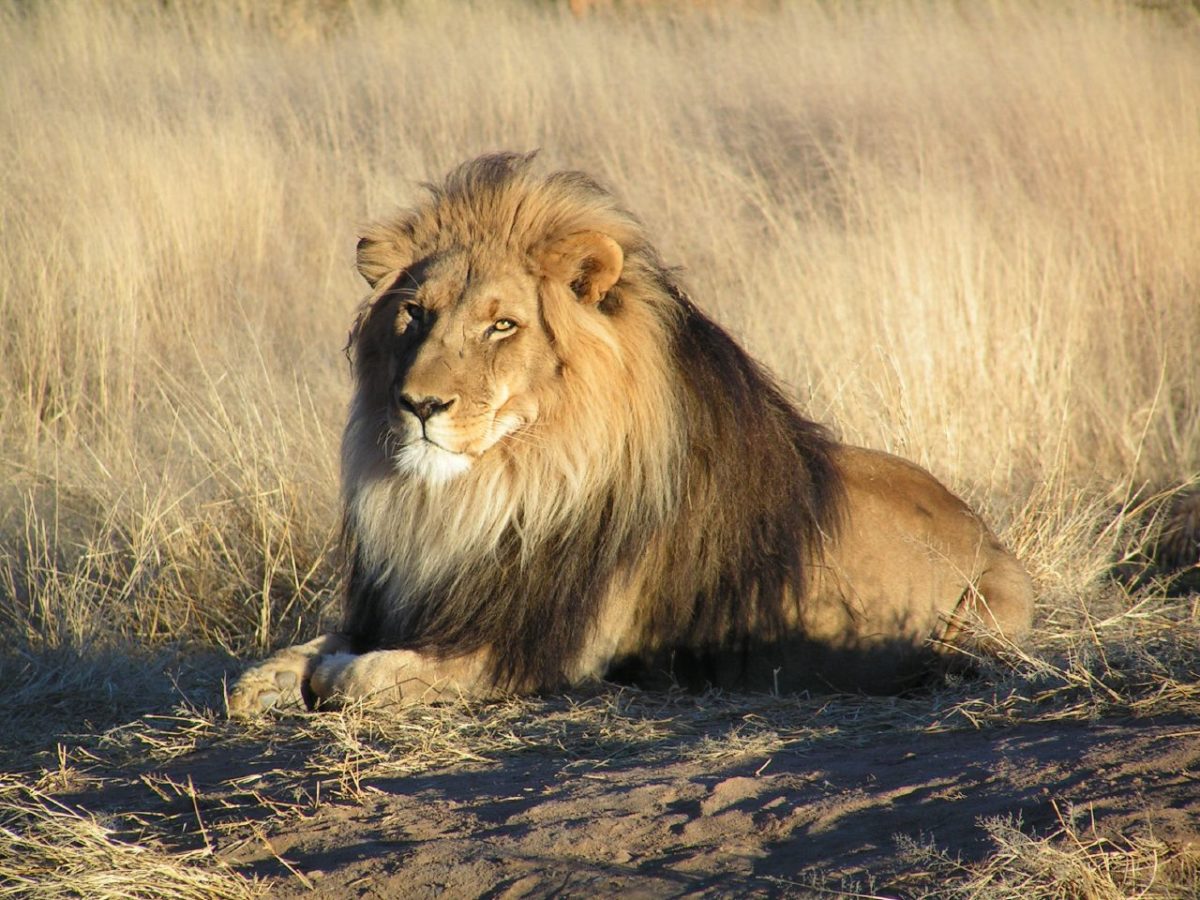
Arguing that the “overwhelming majority of the animals of the overwhelming majority of species appear to have significant suffering but little (or no) happiness in their lives,” a growing number of philosophers, biologists, zoologists, and others are calling for proactively working to improve the lives of wild animals. In an article entitled “The wild frontier of animal welfare,” they argue that wild animal suffering is staggering and we ought to do something about it, such as providing medical care, even if humans did not cause that suffering. I agree.
This view, however, has received pushback from ecologists who claim that beside habitat preservation, nature should be interfered with as little as possible. I reject nature. Making the claim that “natural” is better is to accept not only as inevitable, but as normatively preferable, the suffering inherent in nature, despite human capacity to mitigate it.
Indeed, many animals in the wild die prematurely and die violently. Tragically, “the overwhelming number of nonhuman animals [in the wild] die shortly after they come into existence. They starve or are eaten alive, which means their suffering vastly outweighs their happiness.”
So contrary to assertions, “natural” is not better; it is objectively and demonstrably worse. There is no compelling reason why individual animal suffering born of disease or ailments that humans have the ability to cure is preferable to the diminished suffering, extended lifespan, or opportunity to pursue happiness that an animal is afforded when humans provide veterinary and other types of care. Except, of course, an attitude that considers the avoidable suffering of animals or diminished ability to pursue fulfillment as somehow less egregious than that of humans in comparable circumstances.
Thankfully, a growing number of us are calling wild animal suffering a “very serious moral problem.” Once one accepts that pain matters, wild animal suffering advocates argue, what, if anything, can be done about it becomes an urgent concern.”
The question, of course, is how far should and can we go to give animals a happy life: Habitat preservation? Medical care? What about protecting the prey from the predator without killing/harming the predator?
If the latter seems like a tall task, some argue that it may soon be within our power in emerging CRISPR genome-editing technology. What if we could alter the genomes of carnivorous predators to remove both their prey drive and their need for animal-based amino acids?
While the argument sounds fanciful and even dangerous and my “sympathies lie with the skeptical reader who reckons humans will probably mess things up:” if we “reprogram predators,” we can reduce suffering, reduce killing, increase happiness, and ensure longevity for all species involved. Thus getting the proverbial lion/wolf to lay down with the proverbial lamb is not an idea that should be dismissed out of hand, despite the potential pitfalls. And if history is any guide, our species has never benefited from throwing up our hands in the face of what was once seen as an intractable problem.
“The wild frontier of animal welfare” is here.
————-
Have a comment? Join the discussion by clicking here.